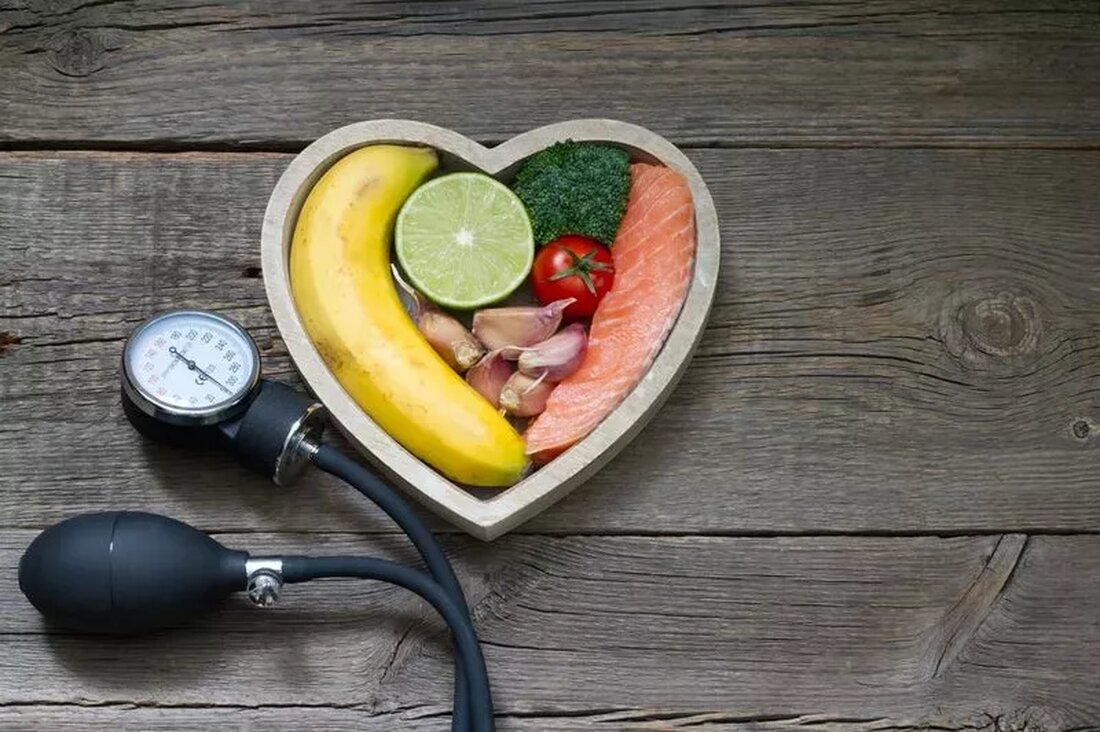Pay fat food tax for healthcare? A modest proposal - pros and cons
Obesity, which contributes to various health problems such as cancer, stroke, diabetes and high blood pressure, has become an epidemic, affecting nearly half of the U.S. population. The number of overweight people has doubled since 1985, leading to a 30% increase in health care premiums. The overall financial cost of obesity is higher than that of alcoholism or smoking. The annual cost of treating health problems related to obesity is estimated to be over $100 billion. Reducing healthcare costs over time will not be achieved if obesity is ignored. Why more taxes? Two reasons; First and most obvious is…

Pay fat food tax for healthcare? A modest proposal - pros and cons
Obesity, which contributes to various health problems such as cancer, stroke, diabetes and high blood pressure, has become an epidemic, affecting nearly half of the U.S. population. The number of overweight people has doubled since 1985, leading to a 30% increase in health care premiums. The overall financial cost of obesity is higher than that of alcoholism or smoking. The annual cost of treating health problems related to obesity is estimated to be over $100 billion. Reducing healthcare costs over time will not be achieved if obesity is ignored.
Why more taxes?
Two reasons; First and most obvious is to raise some of the money for what is proposed as universal health care, an issue that brings with it a separate debate. The second and probably most important reason is to raise awareness about what we eat and how it affects our bodies. The American public knows nothing about nutrition.
What to tax
There have been dozens of tax proposals for "sinful eating" ranging from a penny per can on sodas to 10% on all fast food items. It probably needs to be more comprehensive. Packaged foods high in sugar and starch are likely contributing to the problem as much as the entire fast food industry. It could well be a sliding scale for all foods except fresh produce, based on grams of fats and sugars per 100 grams or per serving.
What is the tax rate?
The Agriculture Department has suggested that to change the way people eat, taxes on “sin foods” may need to be at least 10% to 30% of the cost of food. It is estimated that a 10% federal tax on fattening foods would raise $530 billion over 10 years. There should also be a program of tax subsidies to encourage the purchase of healthy foods such as fresh fruits and vegetables. This would of course reduce the gross income somewhat.
Response from the opposition
Most of us are against more taxes, including me, but there are other objections to such a tax. Here are some of the most common ones.
- Ich bin nicht fett und ich möchte nicht für jemanden bezahlen, der es ist und ich mag meine Limonaden und Dorritos. Sie können immer noch essen, was Sie wollen. Das Bezahlen von 1,10 USD für eine 99-Cent-Tüte Dorritos ist möglicherweise die günstigste Möglichkeit, dieses Problem zu beheben. Aufgrund des Ausmaßes dieses sozialen Problems ist es unvermeidlich, dass es Sie in keiner Weise kostet.
- Die Regierung muss aufhören zu versuchen, unser Verhalten zu regeln und unsere Taschen zu stehlen. Sorry Freund … zu spät. In einer so komplexen und allgemein prosperierenden Gesellschaft wirkt sich alles, was wir auf eine kleine Weise tun, auf alle anderen aus. „Kein Mensch ist eine Insel.“ Die einzige Möglichkeit für die Regierung, etwas nicht zu tun, besteht darin, die Idee einer universellen Gesundheitsversorgung vollständig fallen zu lassen. Wie gut ist Ihre Vorstellungskraft dafür?
- Es ist eine regressive Steuer, die die Armen unfair betrifft. Dies scheint auf den ersten Blick wahr zu sein. Menschen mit niedrigem Einkommen essen viel Stärke und Fast Food, um ihren Lebensmitteldollar zu erhöhen. Wie bereits erwähnt, sollte für die Auswahl gesunder Lebensmittel eine Steuerbeihilfe gewährt werden. Ein größerer Teil des öffentlichen Gesundheitsdollars muss für die Aufklärung und das Bewusstsein für Ernährung verwendet werden. Mit den richtigen Informationen und ein wenig Unterstützung können Menschen mit niedrigem Einkommen sich gesund ernähren.
One of the glitches in pursuing a national health issue is the political avoidance of personal accountability and responsibility. We have been lulled into trusting the government, a condition that is difficult to reverse, and the government seems to value its role. Personal responsibility is the ultimate solution; Until then, everyone will pay in one way or another.

 Suche
Suche
 Mein Konto
Mein Konto
